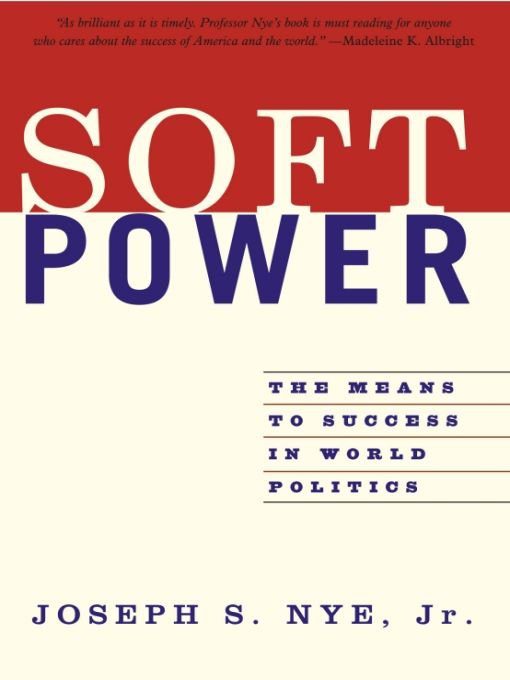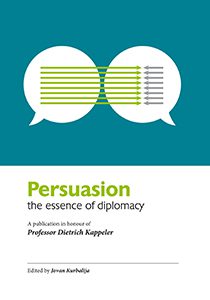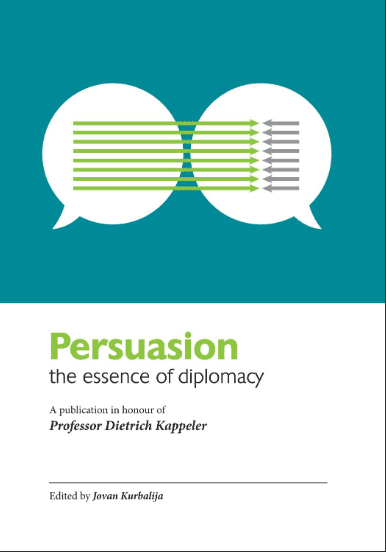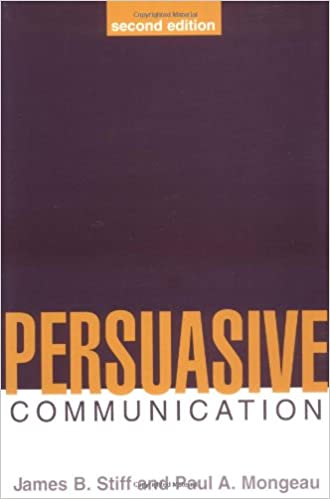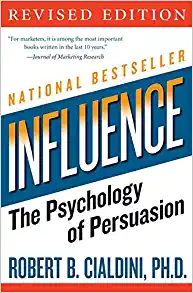Paris 2024 Olympic Games shows again relevance of major sports events like the Olympics for soft power of host country. The cultural and diplomatic aspects of the Olympic Games, including the opening and closing ceremonies, cultural festivals, and interactions between government officials, create opportunities for countries to engage in public diplomacy and showcase their values and traditions to a global audience. This engagement can help countries promote their foreign policy objectives, foster relationships, and increase their influence internationally.
For further insights into the importance of the Olympic Games for soft power you can consult olympic diplomacy page.
About soft power
If power means the ability to get (or influence directly) the outcomes one wants’ from others (mainly by coercion or inducements) then soft power is ‘the ability to shape the preferences of others’. If ‘the others’ want the same thing because we share the same worldview, outlook and culture, we can enlist their power in achieving ‘our’ goal.
Examples of ‘soft power’ are the number of foreign students enrolled in the U.S., the extent of academic exchanges, the worldwide consumption of American media products – America as the beacon of modernity with its values of openness, mobility, individualism, pluralism, voluntarism, and freedom. Culture – both in its ‘high brow’ and popular forms – and sports. An ‘attractive’ foreign policy takes pride of place. He quotes approvingly former Defence Secretary Robert McNamara: “If we can’t persuade nations with comparable values of the merit of our cause, we’d better re-examine our reasoning.”
The concept of ‘soft power’ as developed by Nye is akin to that of mana among the Maoris. The authority of the chief is augmented by his successes in war. He increases his mana by marriages, feasts and displays of power. His mana is diminished by overt humiliation, or loss in war or negotiation – the Chinese might call it ‘losing face’. Napoleon’s secret weapon was the aura of invincibility that froze his opponent’s hearts and minds. Modern words would be ‘political capital’ – the ability of a leader to rally the electorate around his political goals. Image and ‘public relations’ are everyday terms for ‘soft power’. In the business world one would use the term ‘goodwill’.
There is no doubt that image can be a very powerful tool – witness the fortunes that rock singers obtain for just about anything they might release. Or the mark-ups that brand names command for what is essentially a generic product. In an international negotiation a country would have to make concessions to achieve its goals – it would be a matter of give and take. The great advantage of using ‘soft power’ is that it ‘does not cost anything’. Using ‘soft power’ a country need not make concessions: it simply gets its way – softly.
The use of soft power
Accumulation of ‘soft power’ is in any case costly, difficult, and time consuming. Solid reputations are only made over years. ’Soft power’ has its drawbacks, though: it constrains as much as it enhances power. ‘Honour’ a term much used by governments of yore – dictated unpalatable political choices by excluding e.g. the possibility of compromise. As many an actor knows, furthermore, image is very constraining. The public expects behaviour in conformity with the image – sudden deviance may lead to severe loss of image. Coherence too, however, may be treacherous – solidity may be perceived as boring. The key factor is the availability of an alternative. There may be a smouldering dissatisfaction with the situation but no overt revolt against it. As soon as people have a choice, they may exercise it.
Like a river, says Nye, a country’s image has many sources. Only a few are under direct government control and amenable to deliberate enhancement. Whether states should enhance their image – spend to strengthen their ‘soft power’ – is an issue debated in the book, without clear outcome. In an ideal world ‘soft power’ would accumulate automatically through good and convincing deeds – anything else is ‘propaganda’. Visions of crude manipulation by Nazis or Soviets come to mind. But convincing others of one’s worth might need some pro-active doing. And in any case as any post-modernist intellectual might cynically interject – there is no truth, just opinions. So what’s wrong with pushing a favourable opinion?
Many countries have ‘soft power’ to a different extent – Nye reminds us. Their origins are different, but they work in the same way as ‘soft power’ of the US. These forces may be competitive (e.g. France and U.S.) or supportive of each other (as the duo Bush-Blair has shown).
Nye chides the current U.S. administration for wantonly or foolishly destroying the country’s image abroad. The brutal use of hard power may yield results but no dividends in ‘soft power’. ‘Shock and awe’ might cower Iraq’s resistance, but spawn resistance to American leadership worldwide. In the end, power is exercised either through force or legitimacy. A regime that has lost his legitimacy can survive through terror for a while, but in the end it will be toppled as it is seen to have ‘lost the mandate from Heaven’. While this lesson is applicable within a state, extrapolation is possible. There is an international legitimacy of sorts – as when the U.S. led the free world in its fight gainst totalitarianism.
So what else is new? Little, I’m afraid. The book is a rather tortured and repetitive exposition of plain old truths – states have images; rulers have always been keen to enhance their image and they have not recoiled from doing so deliberately and often deviously. Reputations of states and leaders can be made, and destroyed also, as Napoleon discovered to his chagrin in 1812. Calling image ‘soft power’ does not really add to our ability to understand the issues.
Review by Aldo Matteucci
